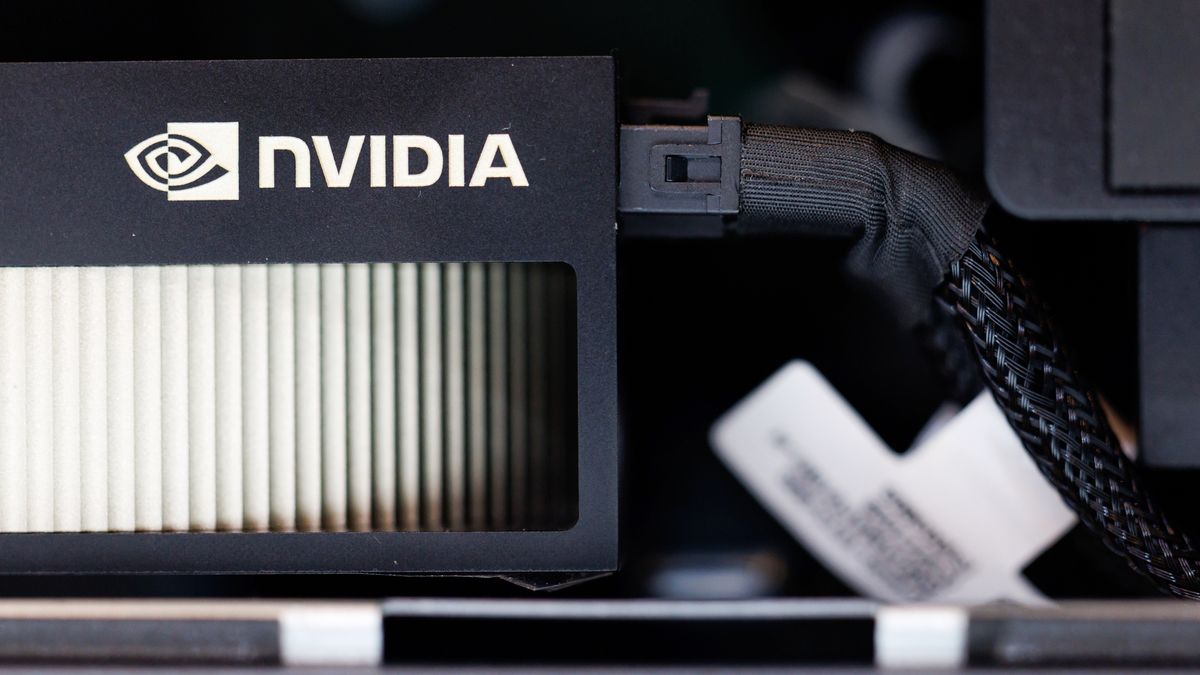We're going to go out on a limb and say most of us aren't paying the $150,000 down payment for an 11-minute trip to space. Sure, Blue Origin's historic all-female flight had us feeling a tiny bit of pride and envy, but if it makes you feel any better, even short trips to space can affect your health. It's easy to get caught up in the moment when Katy Perry is kissing the earth and Gayle King is casually using a rocket to help overcome her fear of flying. But did we forget that a quick trip to space isn't exactly easy on your body? Or is it all OK as long as you're paying hundreds of thousands of dollars?
While the dangers of space travel are typically tied to month- or year-long endeavors, NASA has conveniently listed the five main hazards of human spaceflight. These include:
- Space radiation: Scientists are still studying the exact effects of space radiation on the human body, but outside of Earth's protective magnetic field, space travelers risk exposure to galactic cosmic rays (GCRs), solar storms, and coronal mass ejections (CMEs). According to NASA, the energetic protons and heavy nuclei of space radiation could result in biological damage like "carcinogenesis, degenerative tissue effects, central nervous system effects, and acute radiation syndromes."
- Isolation and confinement: For astronauts on longer journeys, space travel can cause behavioral changes and take a toll on mental health. As a result, space crews are trained to ensure they can work well together under stressful conditions. The Blue Origin crew was also trained for two days prior to their flight.
- Distance from Earth: The further you get from Earth, the harder it is to seek emergency medical care and supplies. Luckily, this Blue Origin flight only reached an altitude of about 62 miles above Earth's surface.
- Gravity fields: According to NASA, changes in gravity may result in dizziness, bone and muscle loss (also known as spaceflight osteopenia), vision issues, lightheadedness, and nausea upon returning to Earth. Space crews usually work on strategies to avoid these symptoms. Consistent exercise and supplements like bisphosphonate can also help prevent osteoporosis.
- Hostile/closed environments: Maintaining a closed environment like a spacecraft is a hazard in and of itself. The Blue Origin capsule is completely autonomous, which means no humans are needed to operate it (and in fact, there were no professional astronauts or pilots onboard this particular flight).
All this considered, the Blue Origin mission is unique for a few reasons. For one, the crew never actually left the space capsule. Instead, once the capsule reached its destination right above the Kármán Line (the internationally recognized boundary of space), the women were allowed to unstrap from their seats and float in microgravity — they returned to Earth shortly after. At only 62 miles above Earth's surface, the crew also didn't go terribly far (at least by space standards).
It's safe to say a short trip like this is unlikely to cause long-term health issues related to isolation, distance, and hostile environments. But the truth is, we don't exactly know how an 11-minute joyride to space could affect your health in the long run, and Blue Origin did not immediately respond to PS's request for comment.
Exposure to space radiation is always a consideration, as is space adaptation syndrome (SAS), which typically affects astronauts as they adjust to microgravity. Symptoms of SAS may include:
- Headache
- Malaise
- Nausea
- Vomiting
- Dizziness
- Vertigo
We know that the Blue Origin flight crew had the opportunity to experience microgravity, which means they may have experienced some of these symptoms (or needed some time to adjust after landing). That said, all six women emerged from their mission in high spirits, and if they were experiencing any adverse symptoms, they certainly didn't show it. We're still not entirely convinced that an 11-minute trip to space is the best thing for your health (or your wallet). The good news? That's a problem most of us will never need to worry about.
Chandler Plante (she/her) is an assistant health and fitness editor for PS. She has over four years of professional journalism experience, previously working as an editorial assistant for People magazine and contributing to Ladygunn, Millie, and Bustle Digital Group.

 6 months ago
159
6 months ago
159








 English (US) ·
English (US) ·